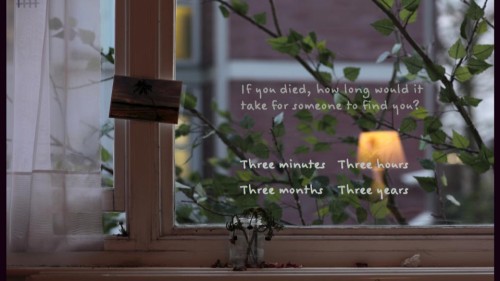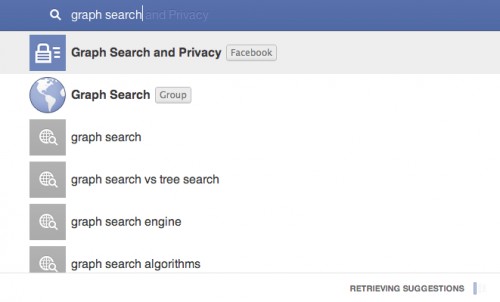
For the next few weeks, leading up to Theorizing the Web 2013, we’ll be posting a series of previews of some of the papers we’ll be showcasing at the conference. This is one of those. Stay tuned for lots more!
Andrea Marshall – “Star Trek and Subjectivity: Fan Videos as Sexual Textual Critiques”
Panel: Art in the Age of Digital Reproduction
The Star Trek franchise has produced several successful television series and film adaptations, including the most recent one of 2009. Female fans of Star Trek have for decades actively involved themselves in the participatory cultural practice of fan fiction authorship first in ‘zine’ forms and then within online communities with the advent of the internet and online fan communities. more...








